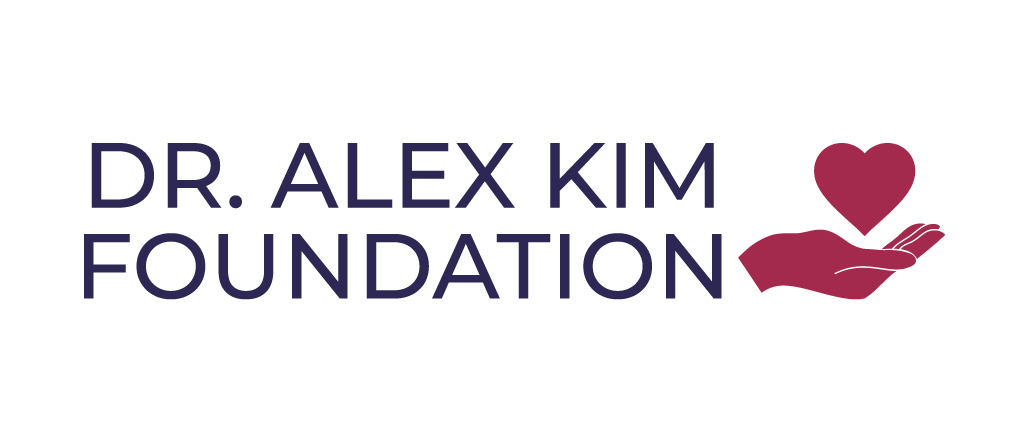Creating inclusive neighborhoods is essential for fostering a sense of belonging and ensuring equal opportunities for all community members, especially those with disabilities. The Americans with Disabilities Act (ADA) has established critical standards for accessibility, yet many neighborhoods still lack the necessary infrastructure to accommodate individuals with various disabilities. According to the World Health Organization, about 15% of the world’s population lives with some form of disability, emphasizing the need for accessible housing options.
Accessible housing involves more than just physical modifications. It requires a holistic approach that considers location, community resources, and social support systems. Features such as ramps, wider doorways, accessible bathrooms, and kitchens can transform a standard home into a comfortable and functional space for individuals with mobility challenges. However, simply having these features is not enough; they must be integrated into well-designed neighborhoods that promote accessibility and inclusivity.
The benefits of inclusive housing extend beyond the individuals who occupy these spaces. When neighborhoods are designed with accessibility in mind, they promote interaction and engagement among residents of all abilities. Inclusive communities foster social connections, reduce stigma, and empower individuals to participate actively in civic life. Studies have shown that individuals with disabilities who live in accessible neighborhoods are more likely to engage in community activities, leading to stronger social ties and support networks.
Local governments and organizations play a crucial role in promoting inclusive neighborhoods. Advocacy for zoning changes, accessible public transportation, and community services can create a more welcoming environment for individuals with disabilities. The Alex Kim Foundation is committed to supporting initiatives that advocate for accessible housing policies, collaborating with local organizations to promote awareness and drive change.
By prioritizing accessible housing, we can build communities where everyone has the opportunity to thrive. If you’re interested in learning more about how you can support these initiatives or get involved with the Alex Kim Foundation, please reach out to us today. Together, we can create neighborhoods that embrace diversity and inclusion, ensuring that all individuals feel valued and empowered.
Change Lives with the Dr. Kim Foundation
Contact Us Today
Creating inclusive neighborhoods is essential for fostering a sense of belonging and ensuring equal opportunities for all community members, especially those with disabilities. The Americans with Disabilities Act (ADA) has established critical standards for accessibility, yet many neighborhoods still lack the necessary infrastructure to accommodate individuals with various disabilities. According to the World Health Organization, about 15% of the world’s population lives with some form of disability, emphasizing the need for accessible housing options.
Accessible housing involves more than just physical modifications. It requires a holistic approach that considers location, community resources, and social support systems. Features such as ramps, wider doorways, accessible bathrooms, and kitchens can transform a standard home into a comfortable and functional space for individuals with mobility challenges. However, simply having these features is not enough; they must be integrated into well-designed neighborhoods that promote accessibility and inclusivity.
The benefits of inclusive housing extend beyond the individuals who occupy these spaces. When neighborhoods are designed with accessibility in mind, they promote interaction and engagement among residents of all abilities. Inclusive communities foster social connections, reduce stigma, and empower individuals to participate actively in civic life. Studies have shown that individuals with disabilities who live in accessible neighborhoods are more likely to engage in community activities, leading to stronger social ties and support networks.
Local governments and organizations play a crucial role in promoting inclusive neighborhoods. Advocacy for zoning changes, accessible public transportation, and community services can create a more welcoming environment for individuals with disabilities. The Alex Kim Foundation is committed to supporting initiatives that advocate for accessible housing policies, collaborating with local organizations to promote awareness and drive change.
By prioritizing accessible housing, we can build communities where everyone has the opportunity to thrive. If you’re interested in learning more about how you can support these initiatives or get involved with the Alex Kim Foundation, please reach out to us today. Together, we can create neighborhoods that embrace diversity and inclusion, ensuring that all individuals feel valued and empowered.

